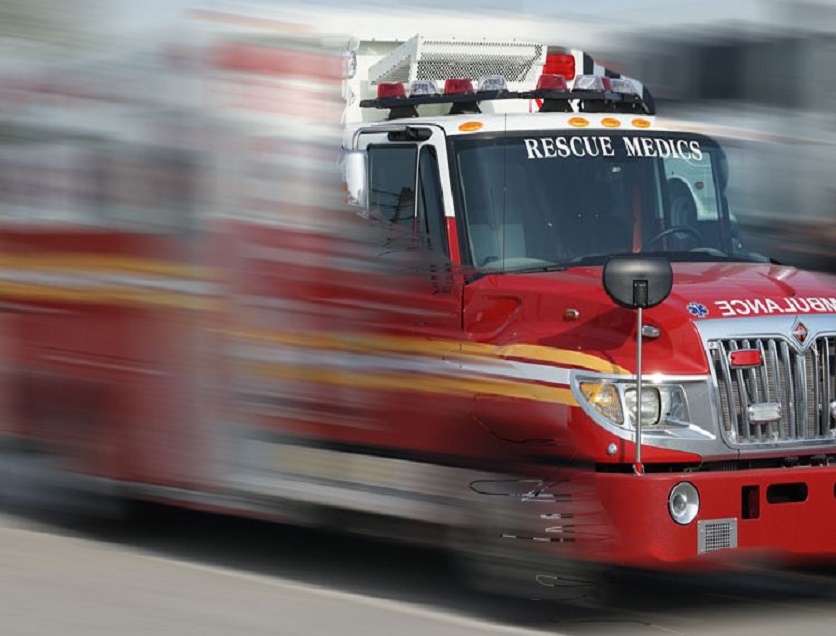
“We, the unwilling, led by the unknowing, are doing the impossible for the ungrateful. We have done so much, for so long, with so little, we are now qualified to do anything with nothing.”
― Konstantin Josef Jireček
I think that guy was a firefighter.
In a perfect world, engine company EMS would mean that personnel assigned to engine and ladder companies first respond to potentially serious EMS calls. They would stabilize, triage, relay information, treat, and assist with transport. Yet in far too many cities and towns, firefighters are expected to respond in either an ambulance or fire apparatus. Firefighters simply cannot be in two places at once, so overlap is a certainty. Today’s emergency department climate compounds EMS problems. Across the country, EMS crews routinely wait by the stretcher with their patient until hospital personnel can properly assess and accept their patient. It is often hours before crews can return to their quarters and become available for other emergencies. This leaves communities at the mercy of mutual aid, many times unprotected.
RELATED
JEMS: Replace Big Apparatus for Better Fire Service EMS Resource Deployment
How EMS Calls Benefit the Fire Service
Are We Short-Staffed or Just Short-Sighted?
We can wish for and dream about proper staffing, up-to-date equipment, and city councils, town managers, and mayors who understand the importance of prompt responses to medical and fire and rescue calls. The reality is that we have to make do with what we have while advocating for what we need. It is imperative that an understaffed department with outdated equipment do more than vent on social media or around the coffee pot. We need a uniform, rational, well-prepared statement concerning the dangerous inadequacies in our departments.
The people we protect do not and need not know the difference between a ladder truck, an engine, a tanker, or a quint. Some do not know the difference between a patrol car and an ambulance. They have no idea if their ambulance is staffed with paramedics, EMTs, or mechanics. They are often surprised when firefighters arrive at their home for a medical emergency.
This is our profession; these are our lives. We know exactly what we need to be effective. And we also know exactly how to do the impossible with our limited resources. Our proficiency is often our downfall. We make do with what we have, and often find success; it’s in our nature. We do not have the option of retreat or not responding. We show up and get the job done, often not as well as it could have been done because it took longer than it should to get there. When we arrived, we did not have all the tools we needed to get the job done. We seldom complain in public. We believe it beneath us to admit that we could have done better. Our pride gets in the way of improvement.
So there’s the problem. What is the solution?
- Continue being excellent, regardless of the problems we face.
- Actively advocate for the fire service in general, and your department in particular.
- Be prepared to answer questions from citizens about response times, staffing, and equipment.
- Support your union or professional organization.
- Engage city and town officials respectfully, strongly, and honestly.
- Be consistent with your message.
Will these things get us the resources we need to do our jobs? Of course not. Money doesn’t grow on trees, and the people we elect to spend it will always have more important things to spend it on. Everybody loves firefighters when they are convenient and free. Nobody likes us very much when the bills come due. What each and every one of us can do is present ourselves as exactly what we are: good firefighters who deserve adequate staffing and decent equipment. Nobody in good conscience should deny us that, especially when the public is on our side. Getting the average citizen to understand the importance of staffing, equipment, training, and morale is up to us. Without the public on our side, we will continue to struggle.

Michael Morse is a former captain with the Providence (RI) Fire Department (PFD), an author, and a popular columnist. He served on PFD’s Engine Co. 2., Engine Co. 9, and Ladder Co. 4 for 10 years prior to becoming an EMT-C on Rescue Co 1 and Captain of Rescue Co. 5.
Engine Company EMS: Embracing the Public
Engine Company EMS: Checking Their Well-Being
Engine Company EMS: Sometimes, You Have to Let Them Go

